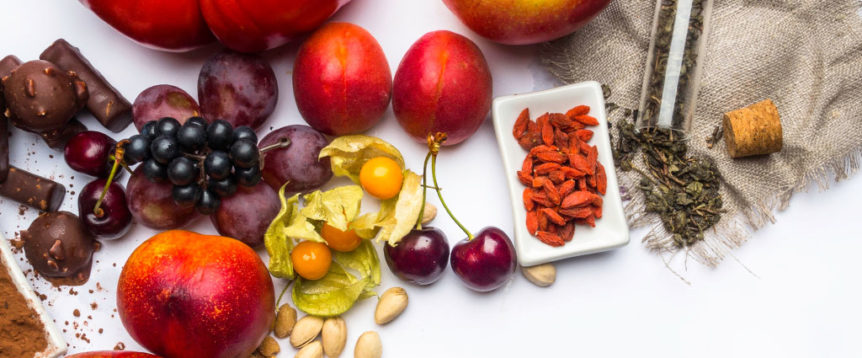› What is it?
Resveratrol is an antioxidant-like plant substance, part of a family of compounds called polyphenols. It is found in some foods but has also been popular as a supplement, with reported anti-aging and disease-fighting effects.
› Health benefits
Heart health
Resveratrol may help the body produce more nitric oxide, which lowers systolic blood pressure and reduces the risk of heart disease. Animal studies suggest that it also has a positive effect on cholesterol and reduces the buildup of plaque on artery walls.
Brain health
Many human studies have linked both red wine drinking and resveratrol supplementation to slowing age-related cognitive decline, an effect that might be caused by the substance’s antioxidant and anti-inflammatory properties.
Diabetes and weight
Animal studies have shown that resveratrol improves insulin sensitivity, protects against oxidative stress, decreases inflammation and activates a protein called AMPK, all of which point to it being helpful at managing and treating diabetes. Research also shows that it is helpful in increasing weight loss in obese adults.
Cancer
In animal and test-tube studies, resveratrol has been effective in fighting several kinds of cancer cells, including gastric, colon, skin, breast and prostate. More research is needed to determine how it might be used for cancer therapy in humans.
Hay fever
In one large study, a nasal spray containing resveratrol seemed to improve nasal symptoms in adults with seasonal allergies.
Joint pain
Research in animals and test tubes has suggested that resveratrol has the potential to prevent damage to joints and reduce the inflammation of arthritis. More research is needed in this area.
Skin
Early research shows that topically applied resveratrol shows some promise in improving age spots and elasticity of the skin, as well as reducing acne, but more research is needed in this area.
› How much do I need?
The dosage for resveratrol depends on the person and what it is being used for, so check with your doctor. It is thought to be safe in doses up to 1,500 milligrams daily. Higher doses can cause stomach problems such as nausea, vomiting and diarrhea. Resveratrol might interact with blood thinners and NSAID medications such as ibuprofen.
› In food
Red wine, red grapes (particularly the skins), purple grape juice, mulberries and peanuts all contain resveratrol.
› Dietary supplements
Resveratrol supplements can be found in capsule, powder and liquid form. It’s also available in a gel form for treating acne and in creams touted as anti-aging.
Sources: WebMD, Healthline, National Institutes of Health
Please consult your health care provider before making changes to your vitamin/supplement regimen.


